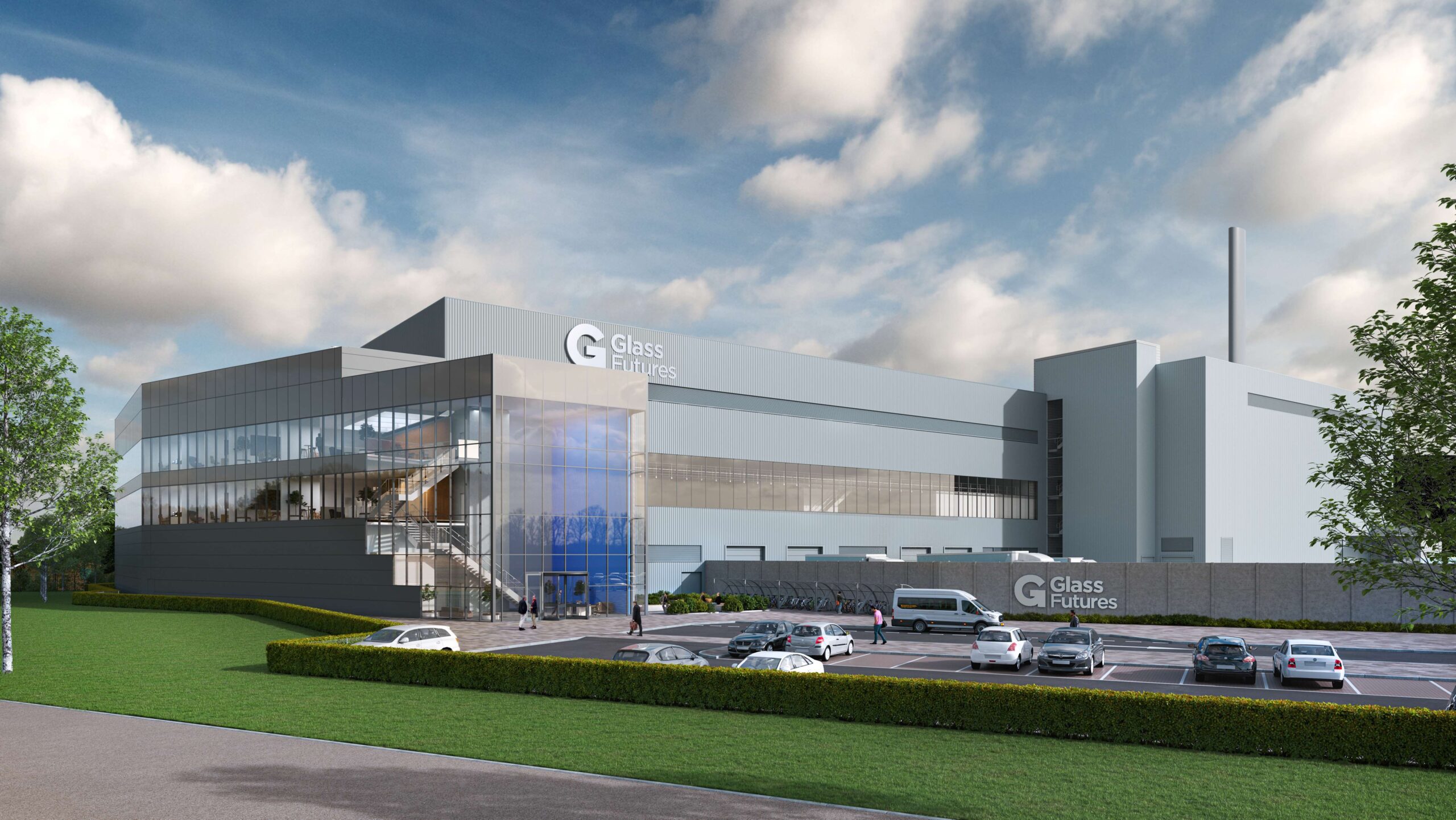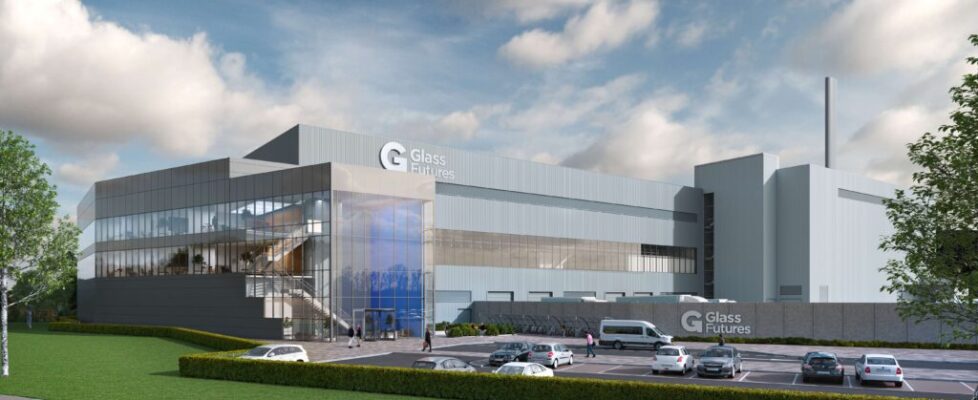
Hydrogen recognised as key to low carbon manufacturing as Glass Futures join North West alliance
Hydrogen recognised as key to low carbon manufacturing as Glass Futures join North West alliance
- Glass Futures join the North West Hydrogen Alliance to advance rollout of hydrogen-powered manufacturing in the region
- Hydrogen set to play key role in slashing emissions from glass manufacturing, with Global Centre of Excellence for low carbon glass to be built in St Helens North West of England
Glass Futures, an industry-leading innovator in low-carbon glass, is the latest organisation to join the North West Hydrogen Alliance (NWHA). The move recognises the central role hydrogen is set to play in energy-intensive manufacturing in the region – in particular glass production.
The not-for-profit company partners with the global glass industry and the supply chain to pioneer technologies that will revolutionise glass manufacturing.
They’re behind development of a glassmaking Pilot Plant in St Helens in the North West of England. The £54m project – which will feature full plant utilities and services, a full-scale Batch Plant and an initial 30-tonnes per day furnace – will bridge the gap between research and commercial-scale deployment of low carbon production methods.
Now, Glass Futures have joined the 30-member strong NWHA to throw their weight behind delivery of a hydrogen-based economy in the region.
Aston Fuller, General Manager at Glass Futures said:
“Glass Futures is committed to making glass the low carbon material of choice and the use of hydrogen in glassmaking is one of the ways we can establish a route to a cleaner, more sustainable industry. The UK Government’s hydrogen strategy suggests that 20-35% of the UK’s energy consumption by 2050 could be hydrogen-based, meaning this new energy source could be critical in meeting our net-zero targets for reducing emissions by 2050.
“We are pleased to have joined the North West Hydrogen Alliance, we believe that the North West and the Liverpool City Region, with its innovative eco-system is the best placed for the delivery of hydrogen-based economy.”
Glass can play a key role in the UK’s sustainable future, with the material widely recyclable when used as packaging and circular economies already in place to minimise waste and pollution. But, with intense heat needed as part of the manufacturing process, innovation is needed to decarbonise the industry.
Progress is already being made in the North West, where some of the largest glass manufacturing facilities are clustered. Trials have been run at Pilkington’s St Helen’s facility to test 100% hydrogen-fired gas, which could significantly reduce carbon emissions as part of the race to reach net zero.
Professor Joe Howe, Chair of the NWHA and Executive Director, Energy Research Institute at the University of Chester, said:
“Glass Futures are a real innovator, and we’re delighted to have them on board at the North West Hydrogen Alliance. Glass production is a great example of where hydrogen can play a leading role in delivering net zero ambitions on a practical scale. Creating greener, cleaner, more sustainable glass will bring us even closer to reaching those targets and reducing emissions across the industry. It is great to see Glass Futures working on this at the historic heart of the British glassmaking industry in St Helens.”
The NWHA is the largest industry-funded regional hydrogen alliance, representing over 30 of the UK’s most influential organisations driving forward the development of a hydrogen economy. With a strong commitment to decarbonising industry and hitting net zero targets, the Alliance advances the case for delivery of a full-system hydrogen economy in the North West of England.

